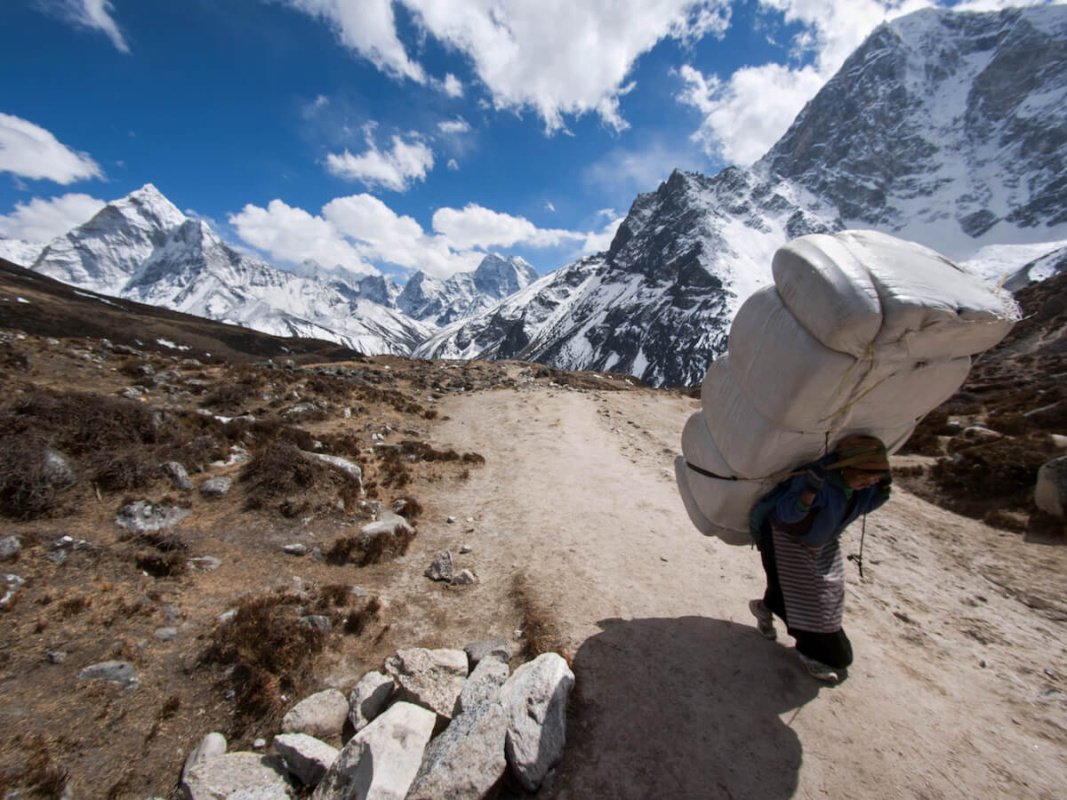Mountains and Heritage-making
 Photo: Sherpa in the Everest base camp in Nepal (via iStock)
Photo: Sherpa in the Everest base camp in Nepal (via iStock)
Mountains and Heritage-Making
Balancing Conservation and Cultural Preservation
In recent decades, the recognition of mountain regions as cultural and natural heritage has gained momentum worldwide. This trend, initially driven by Western countries and supported by Eastern Asia, has been institutionalized through organizations like UNESCO, ICCROM, and IUCN. By acknowledging mountain landscapes and traditional practices as heritage, these initiatives aim to protect natural environments, preserve cultural landscapes, and bolster social cohesion in mountain communities. However, these efforts must carefully manage the risks of over-tourism, cultural commodification, and the disruption of traditional social-ecological systems.
Heritage designation offers many advantages, such as the creation of national parks, the safeguarding of cultural practices, and the promotion of sustainable tourism that supports local economies. Successful examples, like the re-qualification of Australia’s Uluru as a cultural landscape, highlight the potential for inclusive heritage management. Similarly, the inscription of Alpinism as UNESCO Intangible Cultural Heritage in 2019 emphasises how heritage-making can address contemporary issues like climate change while preserving tradition.
Despite these benefits, the policy brief underscore the need for careful planning and community involvement to minimise negative impacts. It calls for policies that harmonise heritage preservation with local livelihoods, promote collective rights frameworks, and ensure that heritage reflects the evolving identities of mountain communities. Examples from Japan’s Tadami Biosphere Reserve and the Georgian Caucasus underscore the importance of local knowledge in heritage conservation and sustainable development.
The policy brief features key contributions of GEDT members Prof. Bernard Debarbieux and Peter Larsen.
For more information, you can access the full publication here.
14 octobre 2024Actualités 2024
